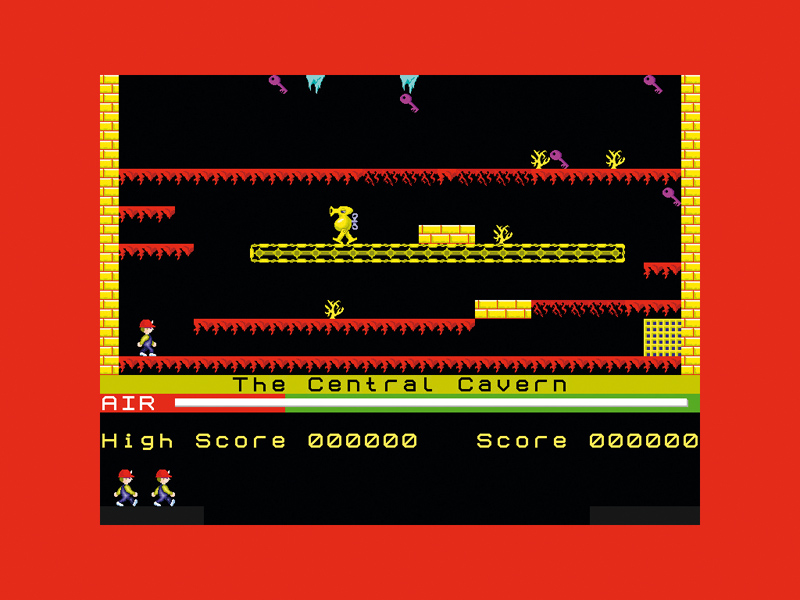
Sign up for breaking news, reviews, opinion, top tech deals, and more.
You are now subscribed
Your newsletter sign-up was successful
Self-confessed techno-luddite Owen Ryder smells a rat. "Answer me this," he says. "Why should I have to keep re-buying what I've already got just because other people have fallen for the marketing hype put out on the latest gadgets?"
In a time of economic uncertainty, he may have a point. Accelerating technological progress means that manufacturers now offer new products faster and in more variations than ever before.
Nokia's UK website currently lists over 100 models of mobile phones – and yet they all use the same network to call or text as phones that were released a decade ago.
We're bombarded by advertisements for everything from phones to computers while our current models are fairly new and, in most cases, can still do what we need them for. It's as if manufacturers need us to make a regular stream of purchases. "If that's just a conspiracy theory rather than how [gadget manufacturers] really operate, it's convincing me," says Ryder.
"Compare [new models] to my old Psion 3C organiser. It stores all my appointments, it wakes me up in the morning and allows me to jot down my thoughts – and I can program it too. It's a bit scratched but it's still working perfectly about a decade after I bought it."
But isn't Ryder missing some cool new toys, such as the iPod or the iPhone? "I've got a mobile phone," he says. "It's not the newest model but it works perfectly well. It makes calls and it sends texts and that's what I want it to do. I've got an MP3 player, too. I don't need to carry every single track I've ever owned around with me. That's what my CD collection is for. I load up the tracks I want to listen to when I'm out and about. I bet most people who spend hours putting every track they own on their iPods never listen to 90 per cent of them."
Brilliant games, brilliant ideas
Sign up for breaking news, reviews, opinion, top tech deals, and more.
While some deride the constant new releases for making technology that still works perfectly well obsolete, others think that cutting-edge technology may actually be stifling innovation rather than promoting it.
For Jason Moore, the best computer games are about the ideas, not the technology on which they run. "Once you get started playing old games," he says, "it isn't long before you realise that some of these concepts remain as addictive as they ever were. For me, game creation is something of a magical art.
"A great game doesn't need network play, the latest hardware and amazing visuals," argues Moore. "Brilliant games rely on brilliant ideas being perfectly executed. That has nothing to do with technology or age; it's just as likely that those ingredients came together in previous generations as they do now. Take Star Castle and Peggle, or APB and GTA IV. All are great games, but decades apart."
Moore runs Retrogames, which sells the kind of hardware and software liable to make people who grew up in the '70s and '80s misty-eyed with nostalgia. But a new audience is starting to emerge, as Moore explains: "There's reason to believe the current interest in casual gaming is helping spark interest in classic gaming. Many of these new players' memories of games are trapped in the arcades of the 1980s, and retro gaming is a way to recapture that."
Moore believes that technical limitations don't stifle creativity; rather, they allow it to flourish. "One key to the continued popularity of older games is their originality and the variety of concepts and genres," he says. "It's a parallel that you can draw with the current Flash gaming scene. Limited technical resources raise creativity levels. Technical boundaries were reached quite early on older computers and consoles, so creativity blossomed and imaginative games resulted."
Though many would argue that today's devices are better because they don't have such limitations, Moore isn't convinced. "I think you can see the same thing happening on the iPhone at the moment with some really brilliant original games, and adaptations of retro classics. My worry is that the technology of even these handheld devices will soon jump forward, so we will end up with huge PC-style epics, and these inventive smaller games will be lost again."